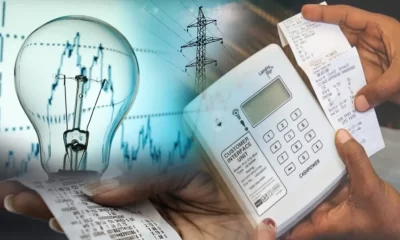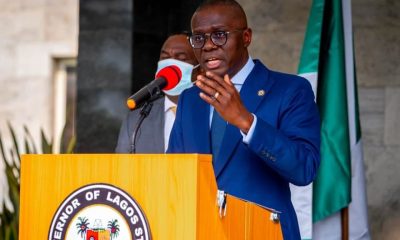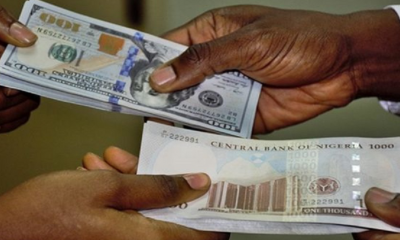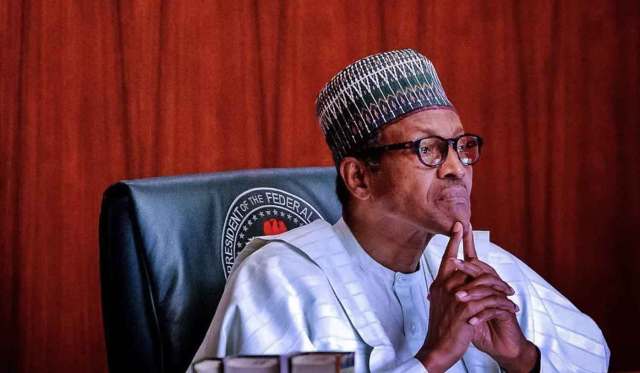President Muhammadu Buhari Monday in Abuja opened up on why his administration implemented the increase in the prices of petrol and electricity in the country, saying it was done in the long term economic interests of Nigerians.
Buhari who disclosed this at the First Year Ministerial Performance Review Retreat at the State House Conference Centre, was represented by Vice President Yemi Osinbajo.
President Buhari noted that increase in price of electricity and deregulation of the petroleum sector were crucial decisions that were taken at the beginning of the year, preceding the COVID-19 pandemic.
He said continuous delay in implementation of the policy of the “Willing Buyer, Willing Seller’’ and deregulation of the petroleum would be detrimental to the economy, placing the burden of regular light cuts and fuel queues on Nigerians.
“One of the steps we took at the beginning of the crisis in March when oil prices collapsed at the height of the global lockdown, was the deregulation of the price of Premium Motor Spirit (PMS) such that the benefit of lower prices at that time was passed to consumers.
“This was welcome by all and sundry. The effect of deregulation though is that PMS prices will change with changes in global oil prices. This means quite regrettably that as oil prices recover we would see some increases in PMS prices. This is what has happened now. When global prices rose, it meant that the price of petrol locally would go up.
On electricity, the President added that the recent service based tariff adjustment by the Discos had also been a source of concern for the government.
“Because of the problems with the privatization exercise, government has had to keep supporting the largely privatized electricity industry. So far to keep the industry going we have spent almost 1.7 trillion, especially by way of supplementing tariffs shortfalls. We do not have the resources at this point to continue in this way and it will be grossly irresponsible to borrow to subsidize a generation and distribution which are both privatized.
“NERC, the industry regulator, therefore approved that tariff adjustments had to be made but only on the basis of guaranteed improvement in service. Under this new arrangement only customers who are guaranteed a minimum of 12 hours of power and above can have their tariffs adjusted. Those who get less than 12 hours supply, or the Band D and E Customers MUST be maintained on lifeline tariffs, meaning that they will experience no increase.
The President noted that the timing of implementation of both tariffs was a coincidence.

 Latest4 days ago
Latest4 days ago
 Crime6 days ago
Crime6 days ago
 Agribusiness1 week ago
Agribusiness1 week ago
 Agribusiness5 days ago
Agribusiness5 days ago
 Business5 days ago
Business5 days ago
 Crime6 days ago
Crime6 days ago
 Business6 days ago
Business6 days ago
 Business6 days ago
Business6 days ago

